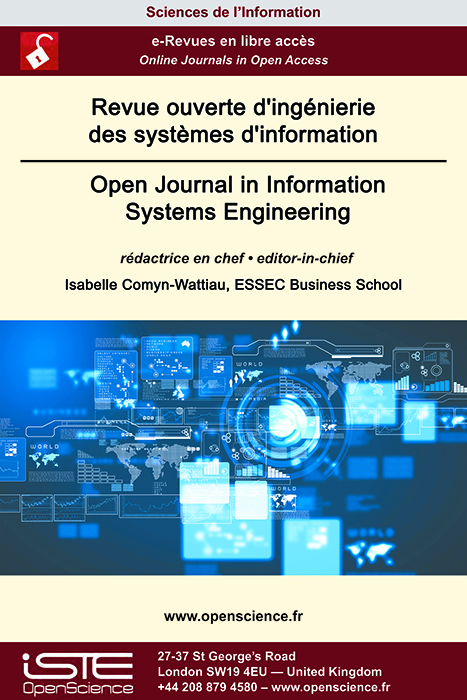

Information and Communication > Home > Open Journal in Information Systems Engineering > Issue
La recherche sur le dossier médical informatisé a eu un essor très important jusqu’à la fin du siècle dernier. Les solutions logicielles sont largement diffusées à présent et les cabinets médicaux équipés. Les données médicales sont donc éclatées entre les différents lieux de soins sans faciles possibilités de partage ou de transmission aux patients.
Emerging highly resistant bacteria are a major international threat. Currently, the status of a carrier is not automatically shared between different health care institutions. The patient is then not properly treated, and the hygiene precautions applied are not sufficient, which can lead to epidemics. Several projects, both internal to hospitals and staterun, have been developed to provide simplified access to this information and limit the risk of contamination. But they have problems that limit their impact : non-interoperability, insufficiently secure data, non-compliance with various regulations on data protection, etc. This article presents Gramchain, a tool to improve the monitoring protocols of patients with BHRe by using a permssion blockchain. This solution, designed in privacy by design, is GDPR compliant. The patients play a major role in the sharing of their data, thanks to a fine-grained access control with his authorization.
Behavioural sciences linked to new technologies are disrupting the health sector. The patient is asked for more and more data, moving forward a secret old-based relationship to a shared one : about himself, intimacy, his way of life, and habits. In that context, the process to obtain a freely given consent raises new issues.

2026
Volume 26- 6
Special Issue2025
Volume 25- 5
Issue 12024
Volume 24- 4
Special Issue2023
Volume 23- 3
Special issue2021
Volume 21- 2
Issue 12020
Volume 20- 1
Issue 1